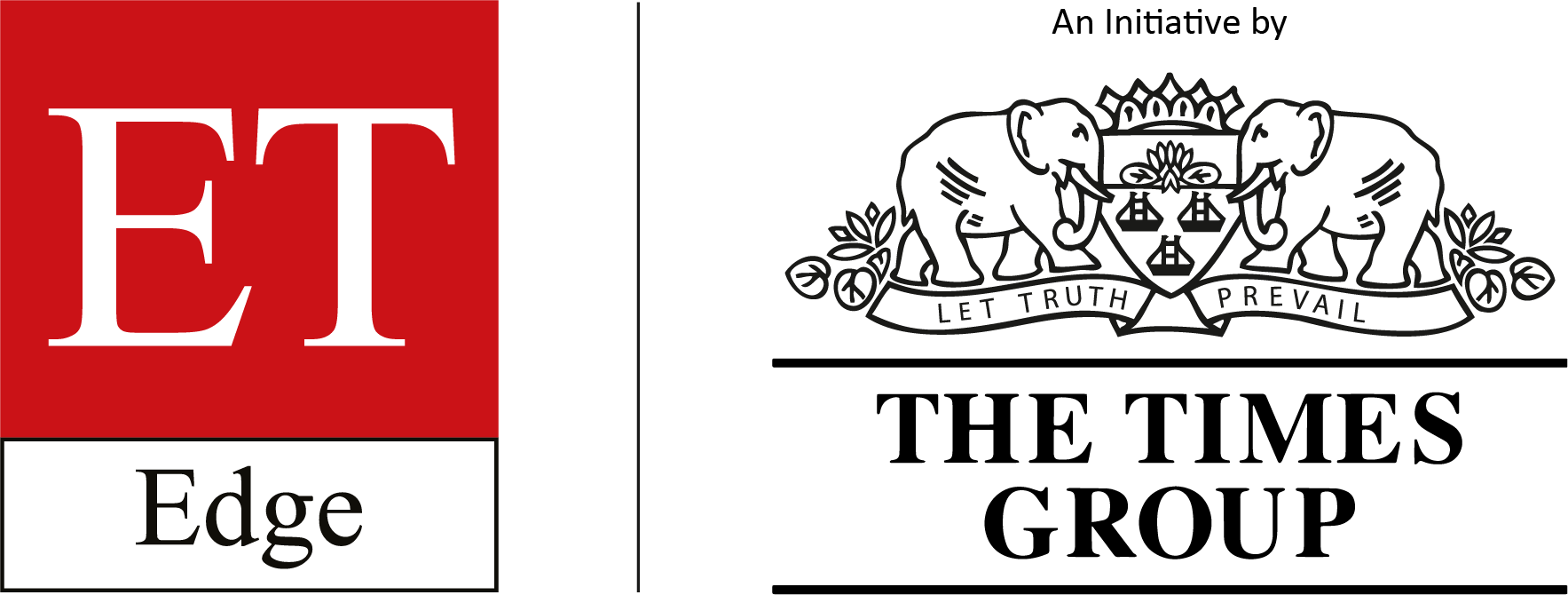
Temi Adegoroye
Managing Partner
Sahel Consulting Agriculture and Nutrition Limited
Temi is a business leader and agribusiness expert with over 12 years of experience in supporting the key actors in the African agriculture and food ecosystem to build resilient business models to achieve food system sustainability. He is the Managing Partner at Sahel Consulting Agriculture & Nutrition Limited, a consulting firm focused on transforming the African agriculture and nutrition landscape. His deep-seated passion and commendable professional trajectory have seen him carve a reputation as a seasoned strategist and astute project manager, expertly guiding the company through the complex terrains of client engagement, project execution, and overall strategic direction.
Temi is passionate about agriculture and has worked extensively within the food systems in Africa and across a broad range of value chains. He has a deep knowledge of the dynamics in agricultural markets. He has engaged with a broad range of partners and clients through several strategic consulting and development projects focused on addressing some of the complex challenges surrounding food production, distribution, and affordability, and implementing ecosystem solutions that can enhance smallholder farmers’ livelihoods, promote gender and social inclusion through economic empowerment, and build food systems resilience. He is proficient in stakeholder engagement, project management, and developing and operationalizing innovative strategies that address complex business challenges. He has led the implementation of many innovative solutions in key thematic areas of agriculture including innovations to strengthen the effectiveness of the seed systems of various crops, livestock and dairy sector development and productivity improvement.
With a passion for creating lasting impact, Temi continues to collaborate with government institutions and development partners in shaping policies that contribute to the long-term sustainability of food systems in Africa. As a dynamic speaker, he is recognized for his expertise in dissecting food security issues and has extensively engaged in thought-provoking conversations on various panels globally.
Temi holds a Master of Science (MSc) in Agronomy from the University of Ibadan, Nigeria, and received his undergraduate degree in Plant Science from the Obafemi Awolowo University, Nigeria. He also holds an MBA from the Lagos Business School. He is an IMAGINE Leader, a global community of leaders who believe in the positive potential of human beings to lead systemic change through transformational leadership. He is also an alumnus of the Centre for African Leaders in Agriculture (CALA). This platform supports sector leaders to deliver on top national priorities in African agriculture and nutrition security. He has completed executive leadership programs at several global institutions including the IESE Business School and Harvard Kennedy School
